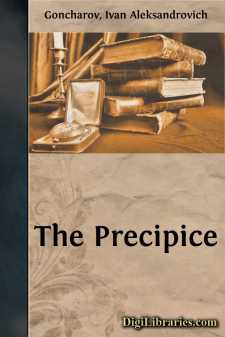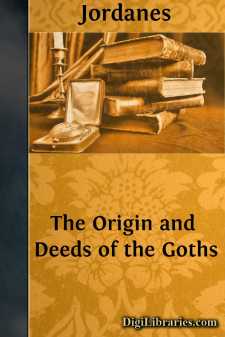Categories
- Antiques & Collectibles 13
- Architecture 36
- Art 48
- Bibles 22
- Biography & Autobiography 815
- Body, Mind & Spirit 144
- Business & Economics 28
- Children's Books 18
- Children's Fiction 14
- Computers 4
- Cooking 94
- Crafts & Hobbies 4
- Drama 346
- Education 58
- Family & Relationships 59
- Fiction 11835
- Games 19
- Gardening 17
- Health & Fitness 34
- History 1378
- House & Home 1
- Humor 147
- Juvenile Fiction 1873
- Juvenile Nonfiction 202
- Language Arts & Disciplines 89
- Law 16
- Literary Collections 686
- Literary Criticism 179
- Mathematics 13
- Medical 41
- Music 40
- Nature 180
- Non-Classifiable 1768
- Performing Arts 7
- Periodicals 1453
- Philosophy 65
- Photography 2
- Poetry 896
- Political Science 203
- Psychology 44
- Reference 154
- Religion 515
- Science 126
- Self-Help 85
- Social Science 83
- Sports & Recreation 34
- Study Aids 3
- Technology & Engineering 60
- Transportation 23
- Travel 463
- True Crime 29
Our website is made possible by displaying online advertisements to our visitors.
Please consider supporting us by disabling your ad blocker.
The Precipice
Description:
Excerpt
PREFACE
Ivan Alexandrovich Goncharov (1812-1891) was one of the leading members of the great circle of Russian writers who, in the middle of the nineteenth century, gathered around the Sovremmenik (Contemporary) under Nekrasov's editorship—a circle including Turgenev, Dostoyevsky, Tolstoy, Byelinsky, and Herzen. He had not the marked genius of the first three of these; but that he is so much less known to the western reader is perhaps also due to the fact that there was nothing sensational either in his life or his literary method. His strength was in the steady delineation of character, conscious of, but not deeply disturbed by, the problems which were obsessing and distracting smaller and greater minds.
Tolstoy has a characteristically prejudiced reminiscence: "I remember how Goncharov, the author, a very sensible and educated man but a thorough townsman and an aesthete, said to me that, after Turgenev, there was nothing left to write about in the life of the lower classes. It was all used up. The life of our wealthy people, with their amorousness and dissatisfaction with their lives, seemed to him full of inexhaustible subject-matter. One hero kissed his lady on her palm, and another on her elbow, and a third somewhere else. One man is discontented through idleness, another because people don't love him. And Goncharov thought that in this sphere there is no end of variety."
In fact, his greatest success was the portrait of Oblomov in the novel of that name, which was at once recognised as a peculiarly national character—a man of thirty-two years, careless, bored, untidy, lazy, but gentle and good-natured. In the present work, now translated for the first time into English, the type reappears with some differences. Raisky seems to have been "born tired." He has plenty of intelligence, some artistic gifts, charm, and an abundant kindliness, yet he achieves nothing, either in work or in love, and in the end fades ineffectually out of the story. "He knew he would do better to begin a big piece of work instead of these trifles; but he told himself that Russians did not understand hard work, or that real work demanded rude strength, the use of the hands, the shoulders, and the back," "He is only half a man," says Mark Volokov, the wolfish outlaw who quotes Proudhon and talks about "the new knowledge, the new life." This rascal, whose violent pursuit of the heroine produces the tragedy of the book, is a much less convincing figure, though he also represents a reality of Russian life then, and even now.
The true contrast to Raisky of which Goncharov had deep and sympathetic knowledge is shown in the splendid picture of the two women—Vera, the infatuated beauty, and Aunt Tatiana, whose agony of motherly concern and shamed remembrance is depicted with great power. The book is remarkable as a study in the psychology of passionate emotion; for the western reader, it is also delightful for the glimpses it gives of the old Russian country life which is slowly passing away....












